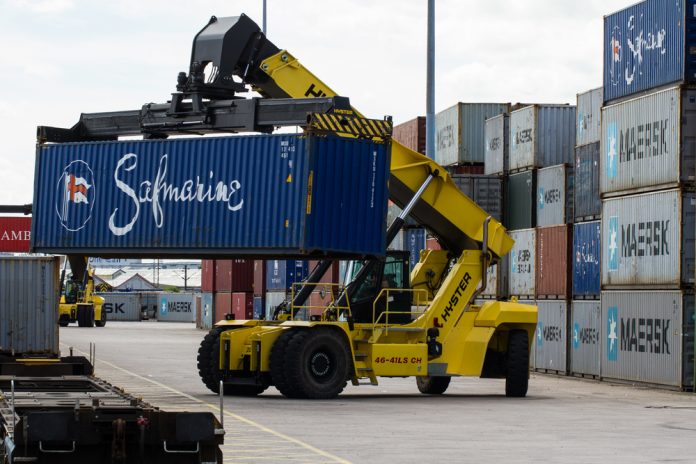The Office of National Statistics (ONS) reports have revealed today that production in the UK has increased as the trade deficit widened in the three months to September.
The index of production for the UK risen by 1.1% compared to the previous quarter and is up 2.5% from September 2016.
All four main sectors, mining and quarrying, manufacturing, water and electricity and gas contributed upwardly year-on-year, with manufacturing being the main driver of overall growth, increasing 2.7%.
The rise in growth compared to the previous quarter was largely due to increasing manufacturing of transport equipment and manufacturing and repair.
In September alone manufacturing grew by 0.7% signaling the fifth consecutive month this has happened.
The UK’s trade deficit rose by £3 billion to £9.5 billion in the third quarter. In this period imports from both EU and non-EU countries, primarily of machinery, unspecified goods and fuels, pushed the deficit higher. Exports to the EU increased whilst the amount sold to non-EU countries declined leading to a total fall of £800 million.
In more positive news, between August and September the trade deficit actually reduced as goods exports increased by £1.3 billion. The deficit fell by £700 million in this period.
Construction in the UK also slumped, contracting 0.9% in the quarter and 1.6% from August to September. Falling repair and maintenance and all new work has pushed construction output down.
Brexit has also loomed large over the construction market as investment has dried up, attributed to a falling pound, causing costs to rise, squeezing profit margins, as well as underlying uncertainty around the market.
New builds in the private sector have offered slight optimism as it is being propped up by government schemes, such as Help to Buy.
The pound has remained fairly stable upon release of the news.

